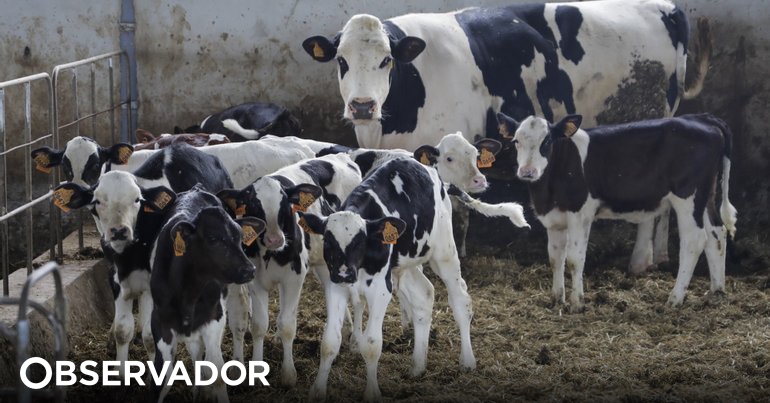The World Health Organization on Friday recommended the consumption of pasteurized milk after strong concentrations of the H5N1 virus (which causes bird flu) were detected in cow's milk in the United States.
Studies are still underway to try to determine how long the virus can remain in milk, so the World Health Organization calls for caution. “As studies continue, it is important that people practice safe eating practices, including consuming only pasteurized milk,” Wen Qingzhang, head of the WHO's global influenza program, said during the organization's weekly press conference.
According to the expert, several Cow herds are affected In an increasing number of North American states, which represents “a new stage in the spread of the virus to mammals.”
Health authorities in Texas, where the first case of transmission of the virus between cows and humans was discovered this month, ruled out any danger to the commercial dairy department, as milk produced from sick animals must be destroyed.
Pasteurization — a process that consists of sterilizing food, in this case milk, by heating it to a certain temperature and then quickly cooling it — kills the H5N1 virus. Regular bottled milk The UHT sold in supermarkets is ultra-pasteurized.
to Human infections with H5N1 are rare It is associated with exposure to animals and polluted environments.
There is still no evidence of transmission between humans, but health authorities fear that the high rate of spread of the virus will facilitate the occurrence of a genetic mutation that allows the virus to be transmitted from one person to another. Despite concerns, the World Health Organization confirms that the virus discovered in Texas has not shown signs of increased adaptation in mammals.
According to the World Health Organization, between the beginning of 2023 and April 1, 2024, 889 human cases of bird flu were recorded in 23 countries, including 463 deaths, bringing the death rate to 52%.
Avian influenza first appeared in 1996, but since 2020, the number of outbreaks among birds has increased dramatically and an increasing number of mammalian species have been affected.
In March, cows and goats joined the list, surprising experts, as these animals were not considered susceptible to this type of flu.

“Wannabe internet buff. Future teen idol. Hardcore zombie guru. Gamer. Avid creator. Entrepreneur. Bacon ninja.”

